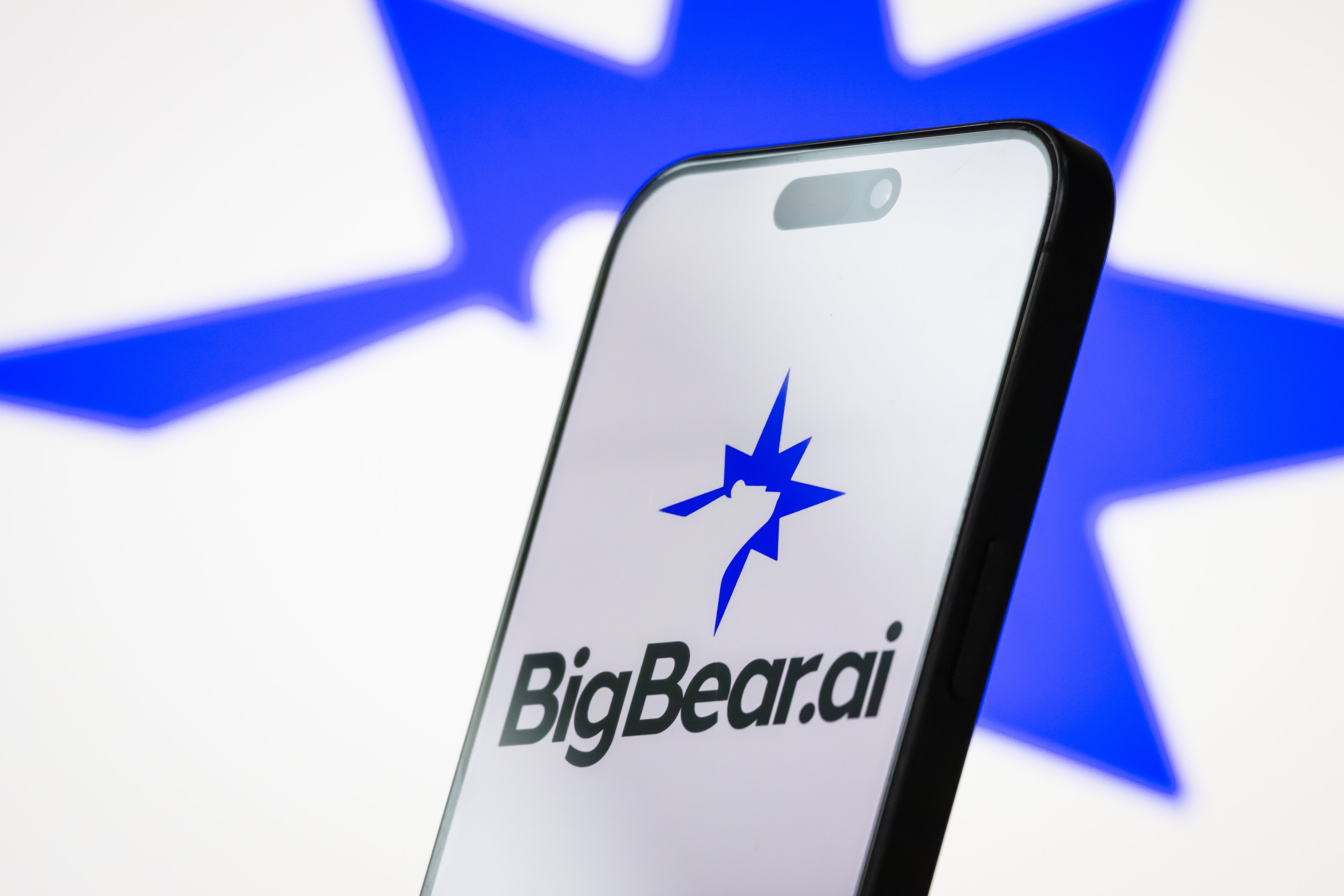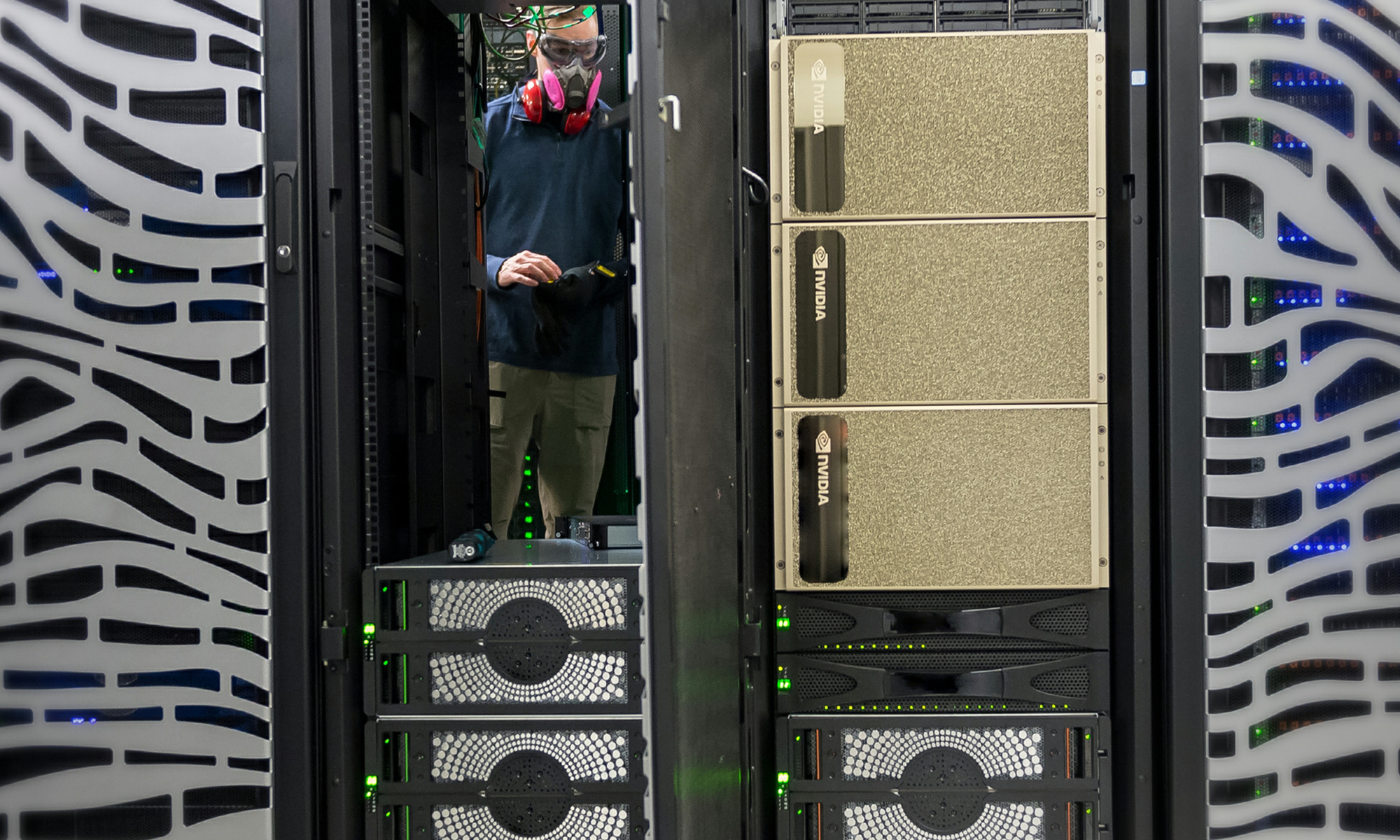With Samsung's (NASDAQOTH: SSNLF) Galaxy Note 7 line being pulled from shelves, which consumer tech companies might benefit? Alphabet's (GOOG +1.40%) (GOOGL +1.48%) new Pixel phone looks like it could win over some burned Note 7 customers, but the search giant lacks meaningful carrier distribution.
In this clip from Industry Focus: Tech, Motley Fool analysts Dylan Lewis and Evan Niu, CFA, discuss the fallout from the Note 7 recall and the smartphone market at-large.
A full transcript follows the video.
This podcast was recorded on Oct. 14, 2016.
Dylan Lewis: I've seen [Alphabet's] Google thrown around in the list of potential winners as well. The idea is kind of similar with Apple (AAPL +0.52%) -- they released the Pixel phone somewhat recently. Having a major potential competitor off the table bodes well for people giving that a shot. That's not going to be something that meaningfully contributes to the numbers for Google. I think, when you're talking about Apple and Google here, seeing Samsung falter and knowing that there might be a slightly larger bite of the smartphone market available to them isn't something that's thesis-altering. It's certainly interesting for some of the component manufacturers that are specifically in some of these devices and not others. But big picture, if you like Apple and Google already, stick with them. But don't buy solely on the idea that they might pick up some incremental business here.
Evan Niu: Yeah. The Pixel looks like a pretty good phone. Of course, it's Google's first phone, they designed the whole thing. They're outsourcing manufacturing, naturally, to HTC. But as far as them designing the phone itself, this is the first time that they're really doing the whole thing. It looks like a really good phone. I think, definitely, people that are not getting the Note 7 might consider the Pixel, because it's a pure Google phone stock Android without all the third-party software and all this stuff on it. But I think the biggest challenge there in terms of getting people to switch from a Note 7 to a Pixel XL or whatever the large one is called, it's really just about distribution. Google doesn't have distribution channels in the way that most companies in the space do. They're partnering with Verizon, which is the only carrier partner. Other than that, they're selling it online through the online store. But, it might surprise you how many people, when they need a new phone, they go to the carrier store. They just go to the retail store.
Lewis: It becomes kind of a default decision, right?
Niu: Yeah. And it makes some sense, because that's where they have the most selection, they can deal with all their plan stuff. I personally tend to buy things online, and I think a lot of people do. But, carrier distribution is an incredibly important channel for any phone maker. People that already know which phone they want they'll just go and buy that phone online. But a lot of people don't know, and they still like to shop around, like any other product in their lives, versus people like you and me are probably so loyal that it's not even a decision, it's just, when am I going to get my iPhone? But, for a lot of people, their phone breaks, or it's time for an upgrade, they just go to the carrier store and pick one. For the other carriers other than Verizon, Pixel's not going to be there, because Google is distributing themselves. It's harder for Google to get these carrier relationships going, because the carriers want more control. It's harder for Google to negotiate because they've never been a big player in the physical smartphone space. So I think the biggest thing that's going to hold them back is their lack of distribution.
Lewis: It sounds like the rundown for investors here is, Apple, Google, possible beneficiaries. The people that might really see some importance swings in what goes on with their numbers are some of the component manufacturers like you talked about, Taiwan Semiconductor. My feeling is, for Samsung's business, if they're able to keep the bad PR and negative brand association contained to the Note line, then this won't be something that's really awful for them long term. If it does start to bleed into the other products they offer, the S7 and things like that, it could spell trouble for their mobile segment for a long time.
Niu: Yeah, the main thing is to figure out what the hell is going on with these things. Clearly, if they launch a phone next year and it has the same thing, that would thesis altering, two in a row. And, if they can't figure it out, there's reason to think that there might be another one.
Lewis: Yeah, I think a lot of consumers want them to know exactly what's going on and tell the public. Then we might see a nice rally in Samsung sales.
Niu: They can't replicate this in their labs! It's just crazy.








